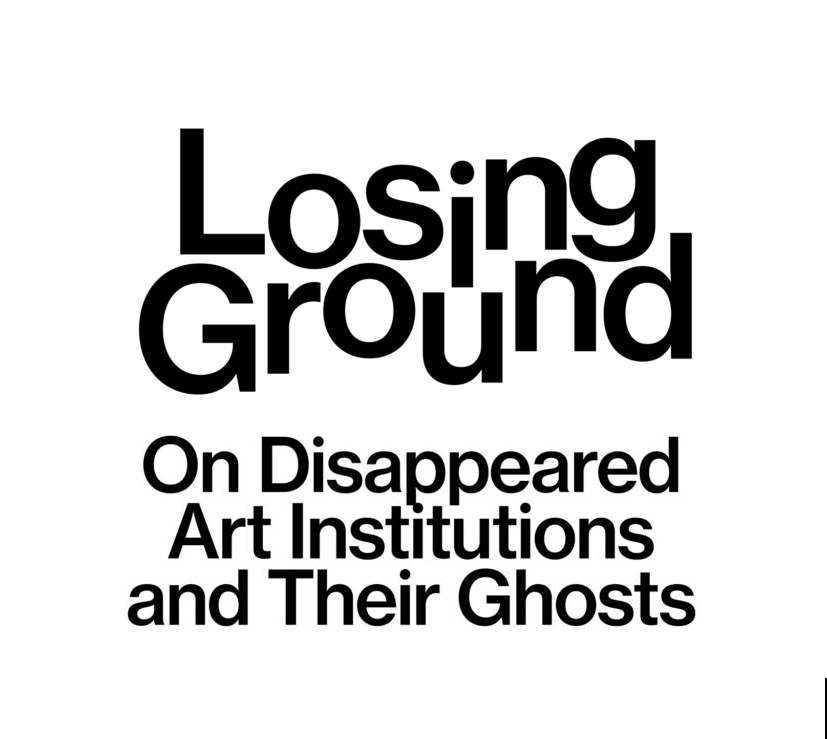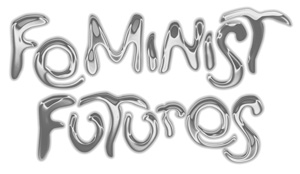
Losing Ground: On Disappeared Art Institutions And Their Ghosts
Why small art spaces can make a difference
Small-scale, independent art spaces are not to be underestimated as players in an art field that seeks to facilitate both local and transnational gatherings. They, more than anybody else, try to create the conditions in which artistic research and work can occur. Quite a few of these initiatives have been successful, but many of them have disappeared again. What remains of the ideas, the connections and the objects that they established?
Qalqalah قلقلة, a platform of editors and curators, and NOA (Not Only Arabic), a performative magazine, investigate the afterlife of such independent places at Almost Summer. How, why and for whom were these initiatives created? What kind of artistic institution did they strive to become? What relationships did they establish, what myths did they start and last but not least: who gets to tell their stories? In BUDA, both platforms take you through their investigations.
Video Exhibition | Sat 1.07 & Sun 2.07 | 10:30-17:30 | free
Video exhibition curated by Line Ajan and Salma Mochtari, with works by Salim Bayri, Walid Raad, Ghita Skali and Emma Wolukau-Wanambwa.
Performance | Sat 1.07 | 17:30-17:55 | free
A NOA magazine inter-twined performance, with Lara Pigorsch, Yasmin Moalem and Mounira Al Solh. The performance is partially and gently interactive
Artists Lara Pigorsch and Yasmin Moalem met in Mounira Al Solh’s performance class at the School of Fine Arts in Kassel. There, Lara Pigorsch has been experimenting with forms of collaboration via bodily soothing and inter-weaving gestures; and Yasmin Moalem has recently been exploring short poems, uttered in plural mother tongues, as a performative gesture.
In line with their bodily and verbal works, the two of them come into a dialogue, inspired by the third edition of NOA Magazine, revolving around language and prejudice. Initiated by Mounira Al Solh, NOA #3 developed around the years during which the artist had to pass a Dutch Integration Exam, during a migration process that lasted at least a decade. In doing so, Lara and Yasmin’s collaboration extends into sharing a need for collaborative spaces, that might contain and allow intangible practices, such as time based performances. Extending those spaces across various contexts such as art schools, art institutions, festivals, and temporary artist-run spaces, they act as pop-up practices, gently intruding institutional settings.
Collective conversation | Sun 2.07 | 11:00-13:00 | pay what you can
Collective conversation with Azar Mahmoudian, Marnie Slater, Mounira Al Solh, Line Ajan and Virginie Bobin.
During this conversation, curator Azar Mahmoudian, artist Marnie Slater, artist Mounira Al Solh and curators Line Ajan and Virginie Bobin will revisit different experiences of setting up, activating, funding, maintaining, protecting as well as closing down independent project spaces and collectives. How were these various initiatives shaped, namely in response to the surrounding political contexts? Who constituted them and how did they impact the bodies of their members? Who did they wish to address and how did they play along, or refuse, imperatives of visibility, efficiency and communication? How can we mourn them when they come to closure? How do their memories resonate with, and continue to inform, our ways of operating in the arts and the affective bonds that weave through them?
The Feminist School is part of the European programme apap – FEMINIST FUTURES, a project co-funded by the Creative Europe Programme of the European Union
![]()
![]()
![]()



